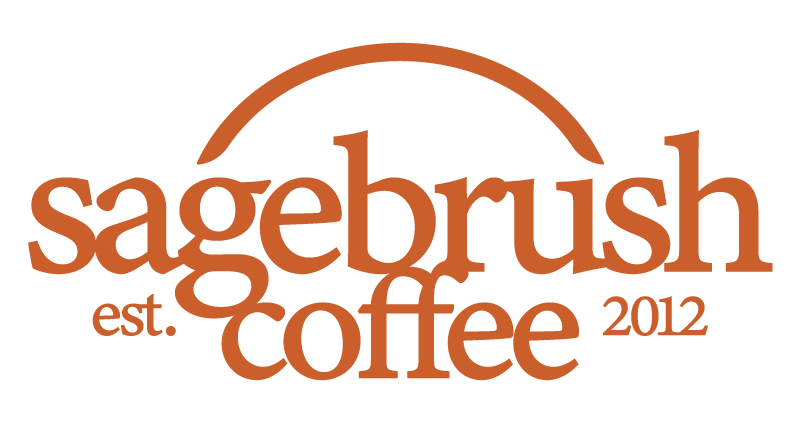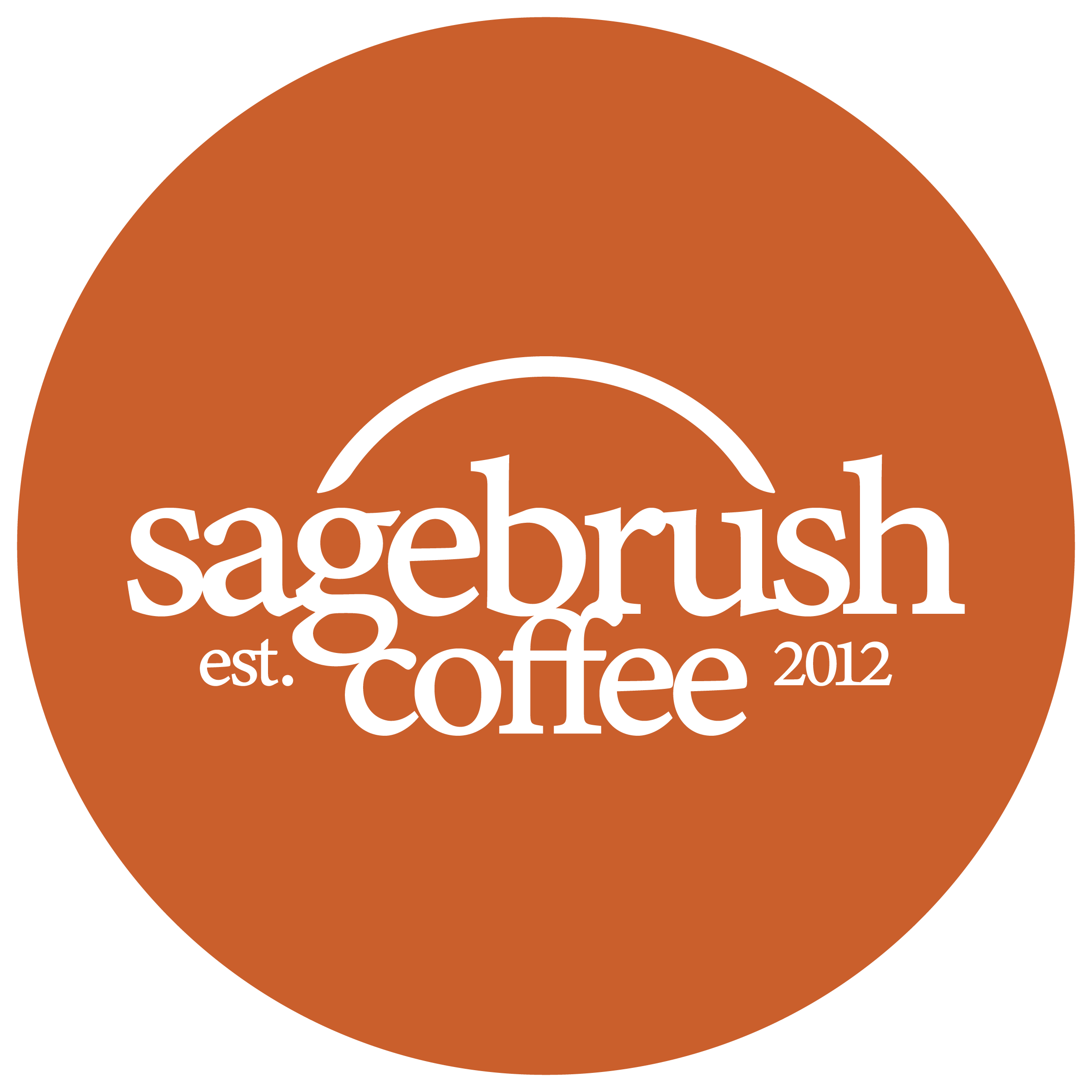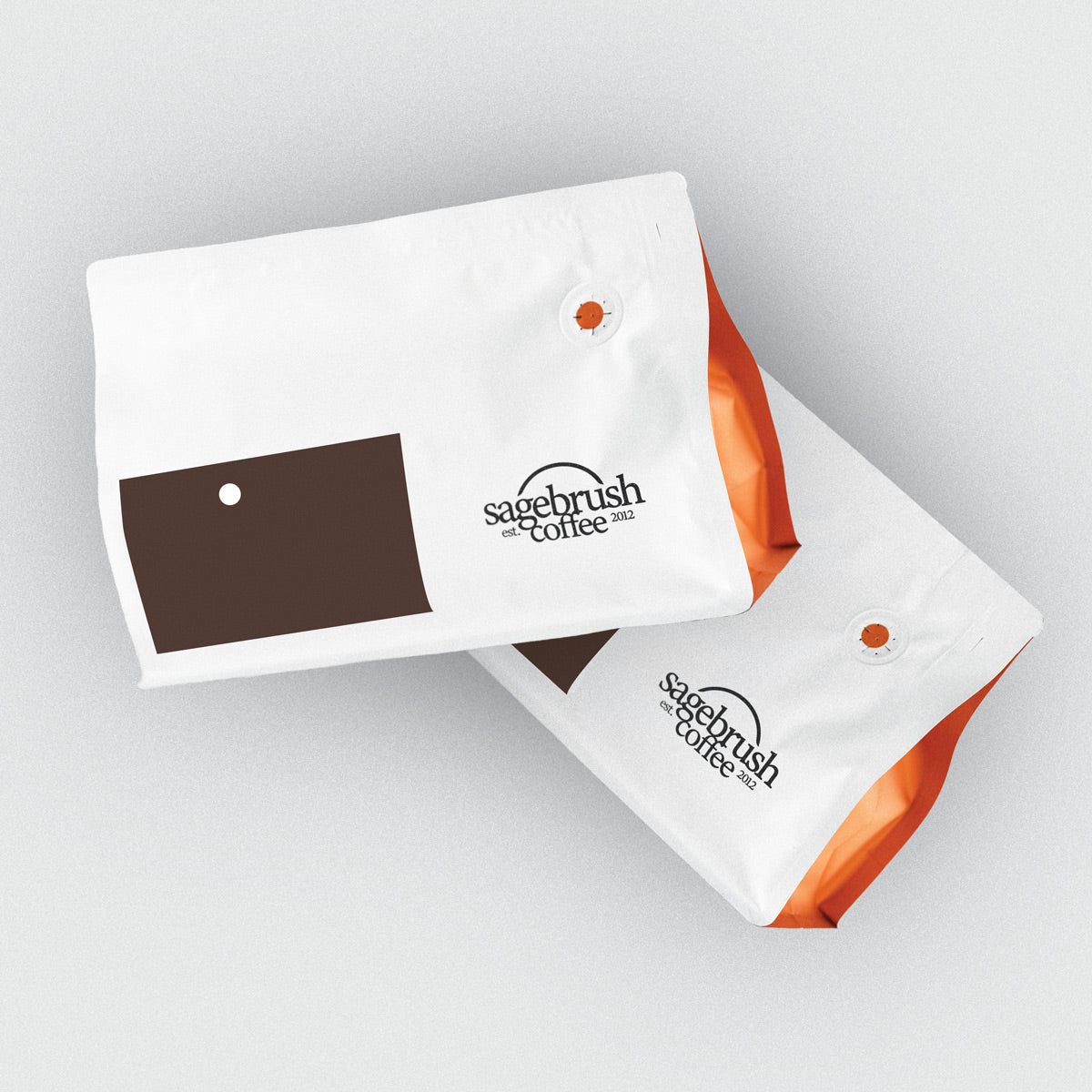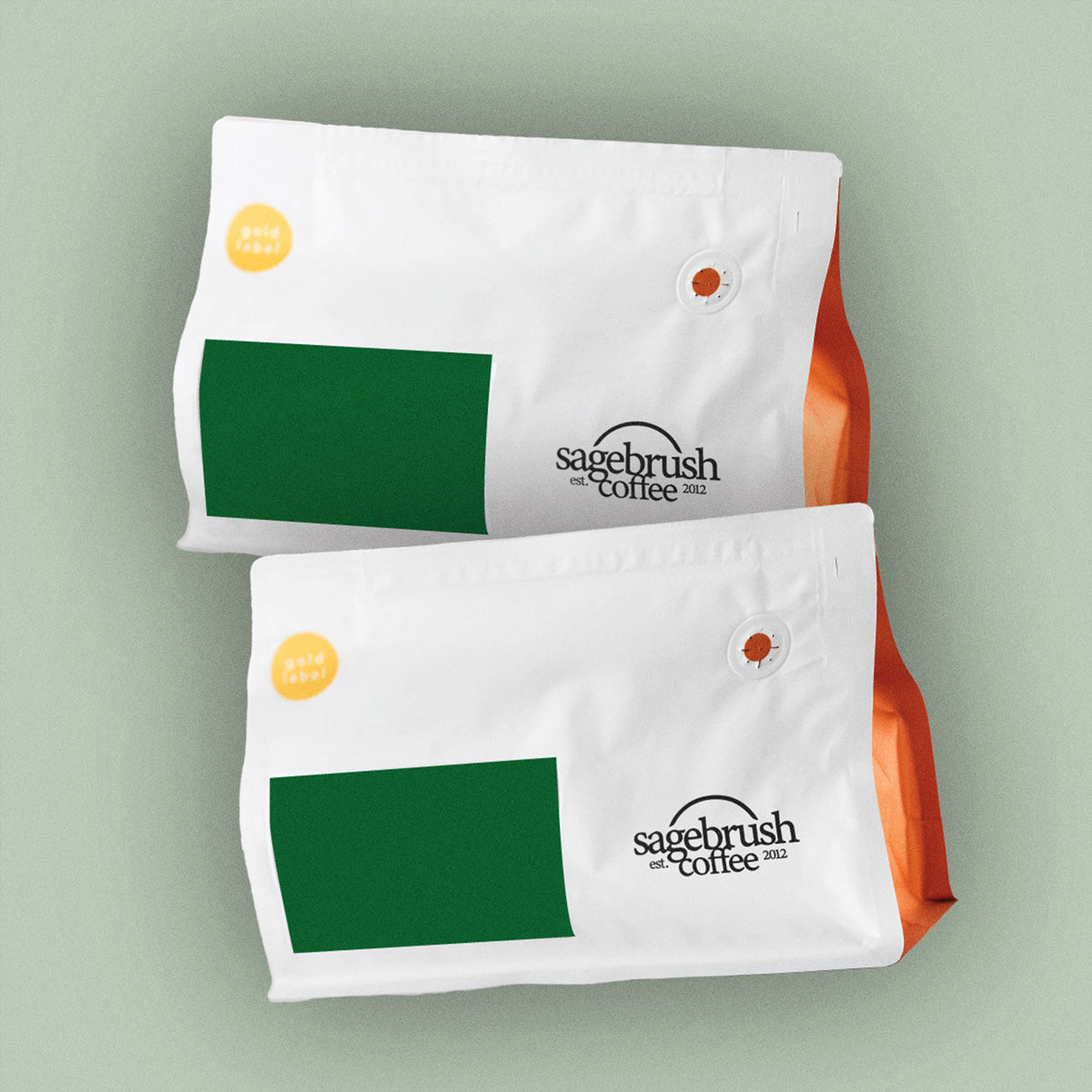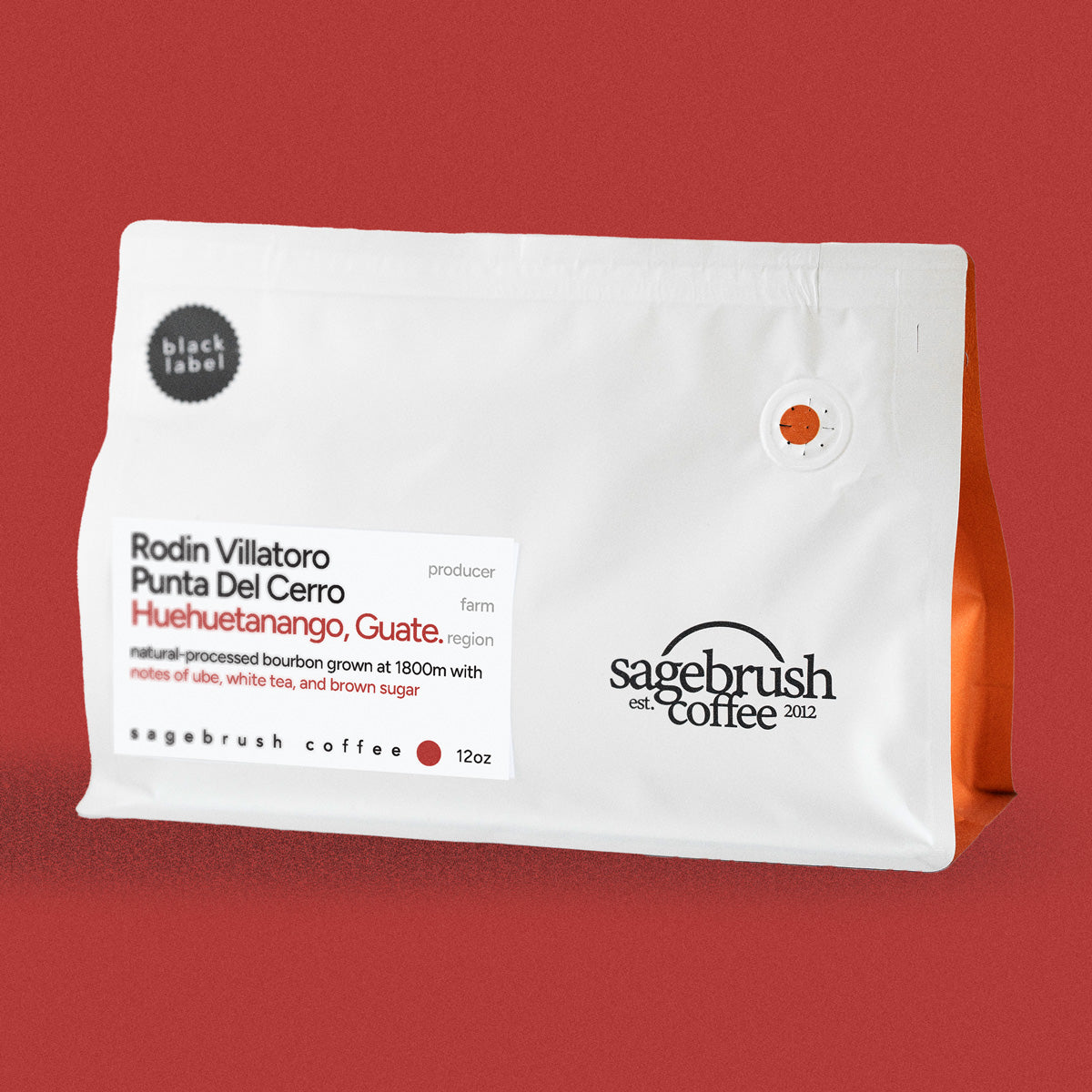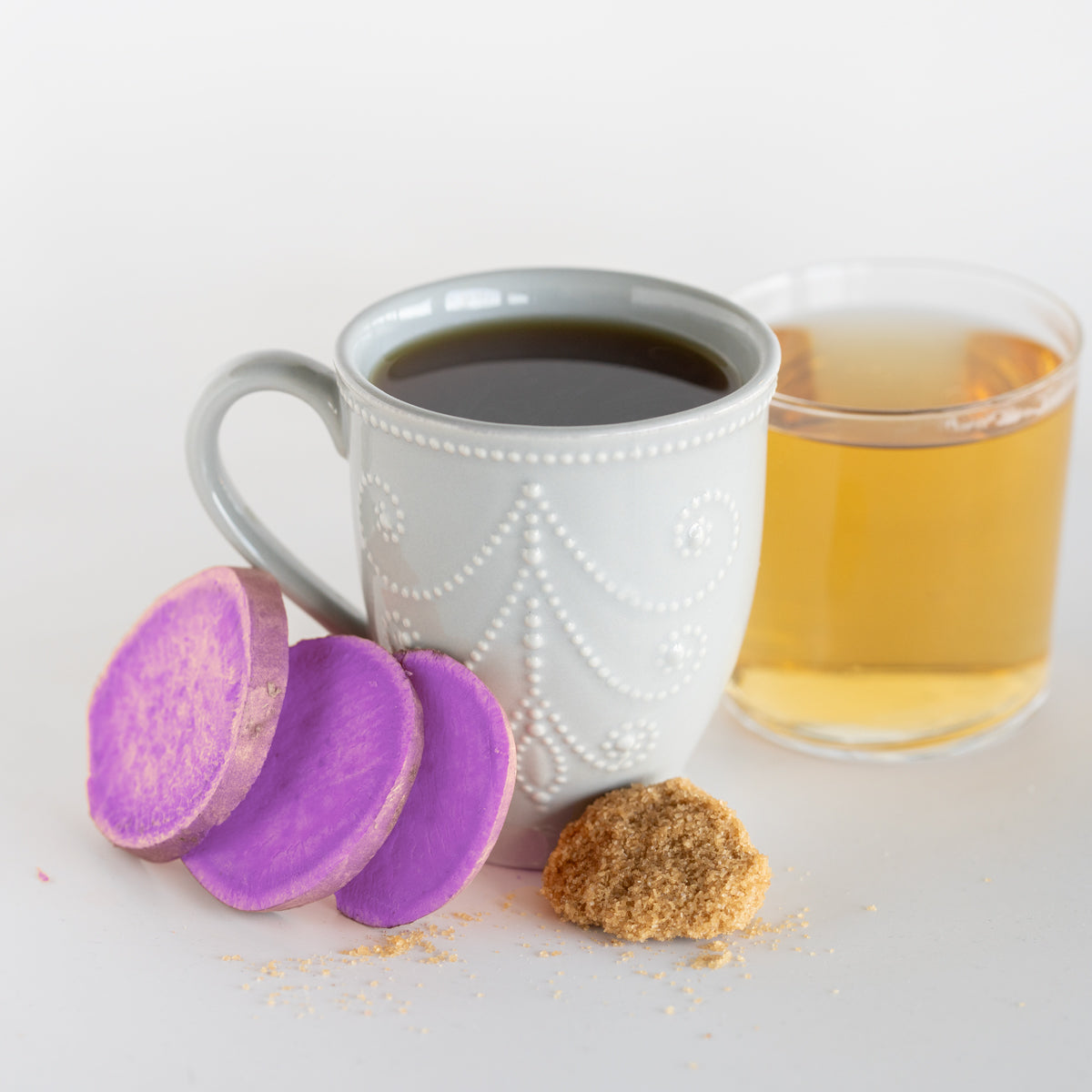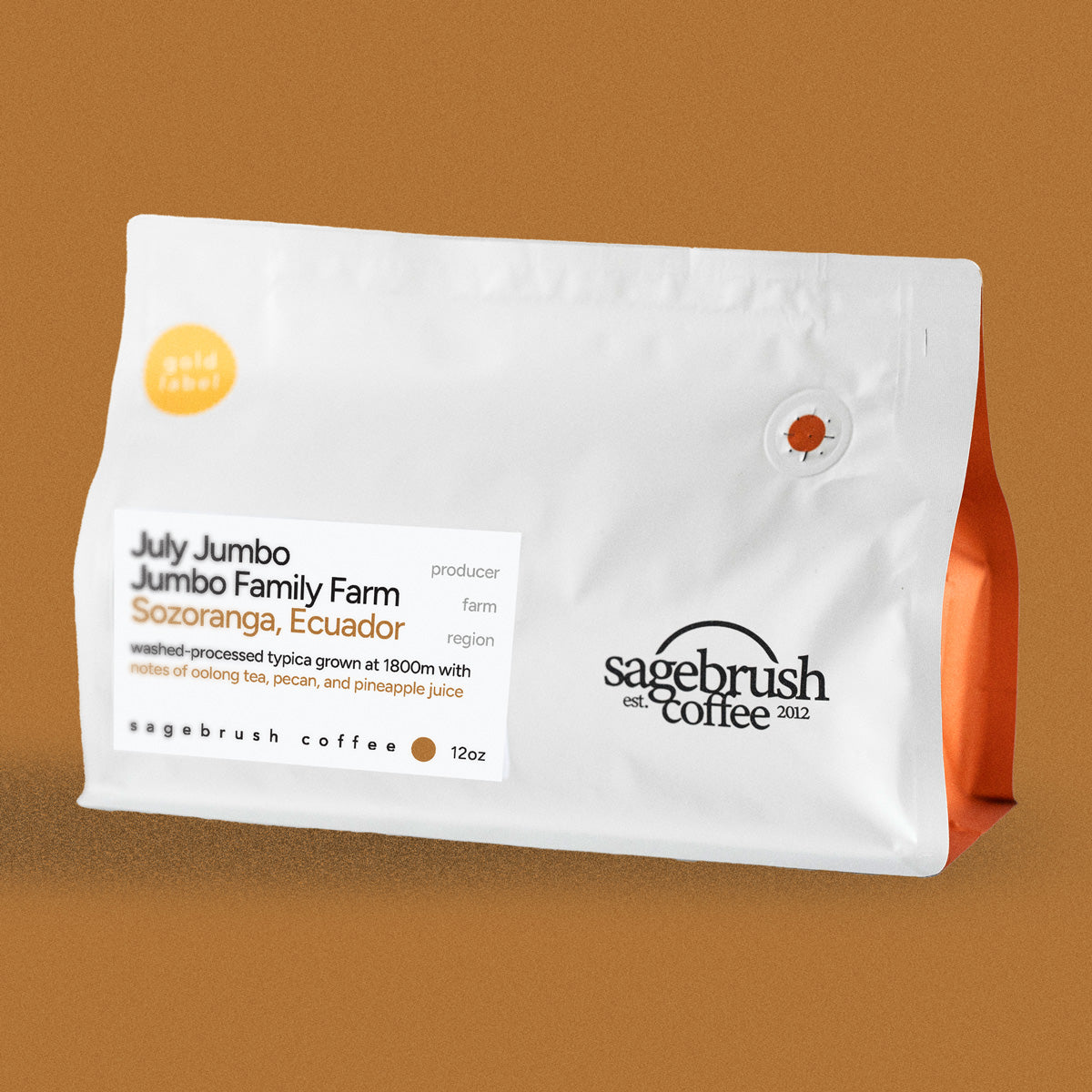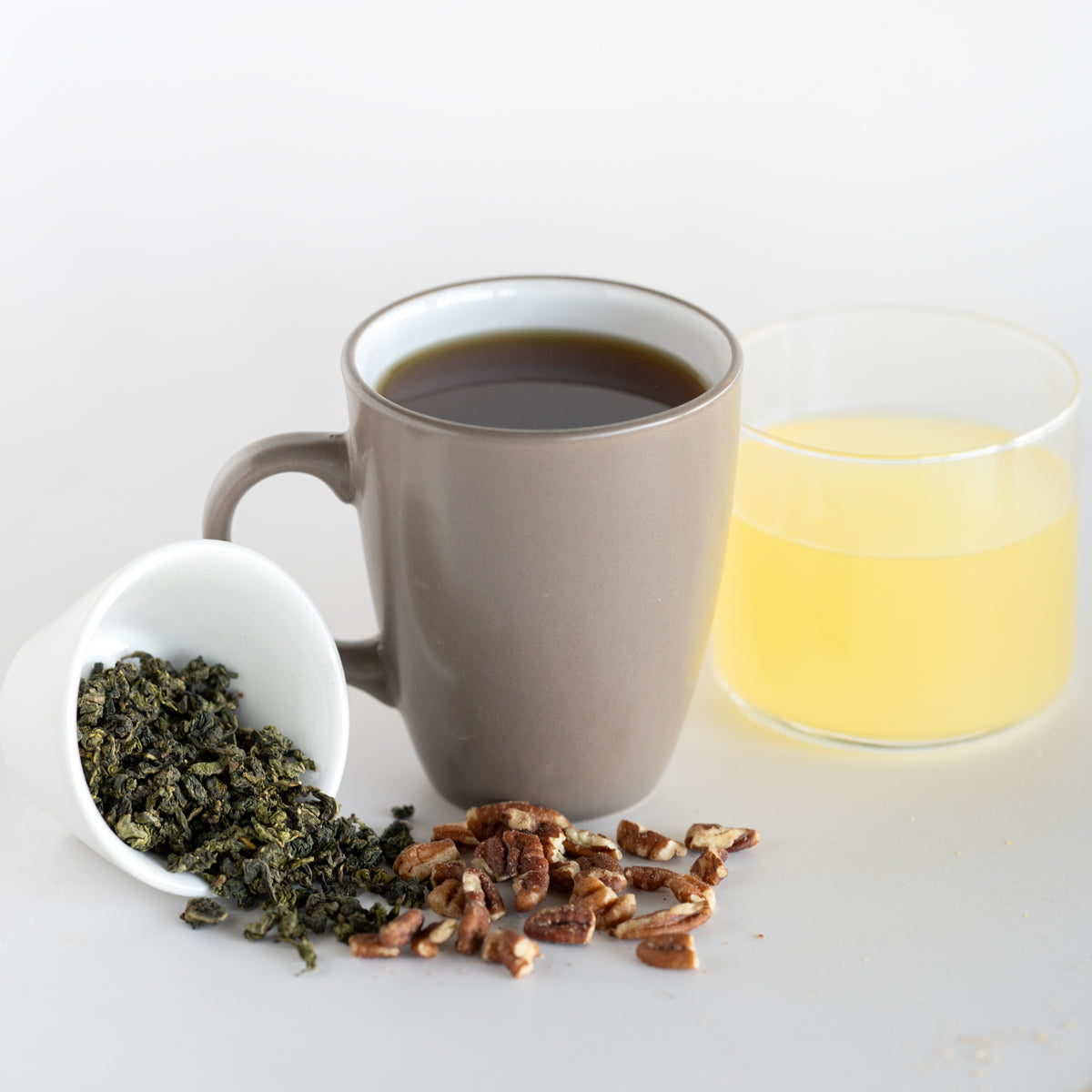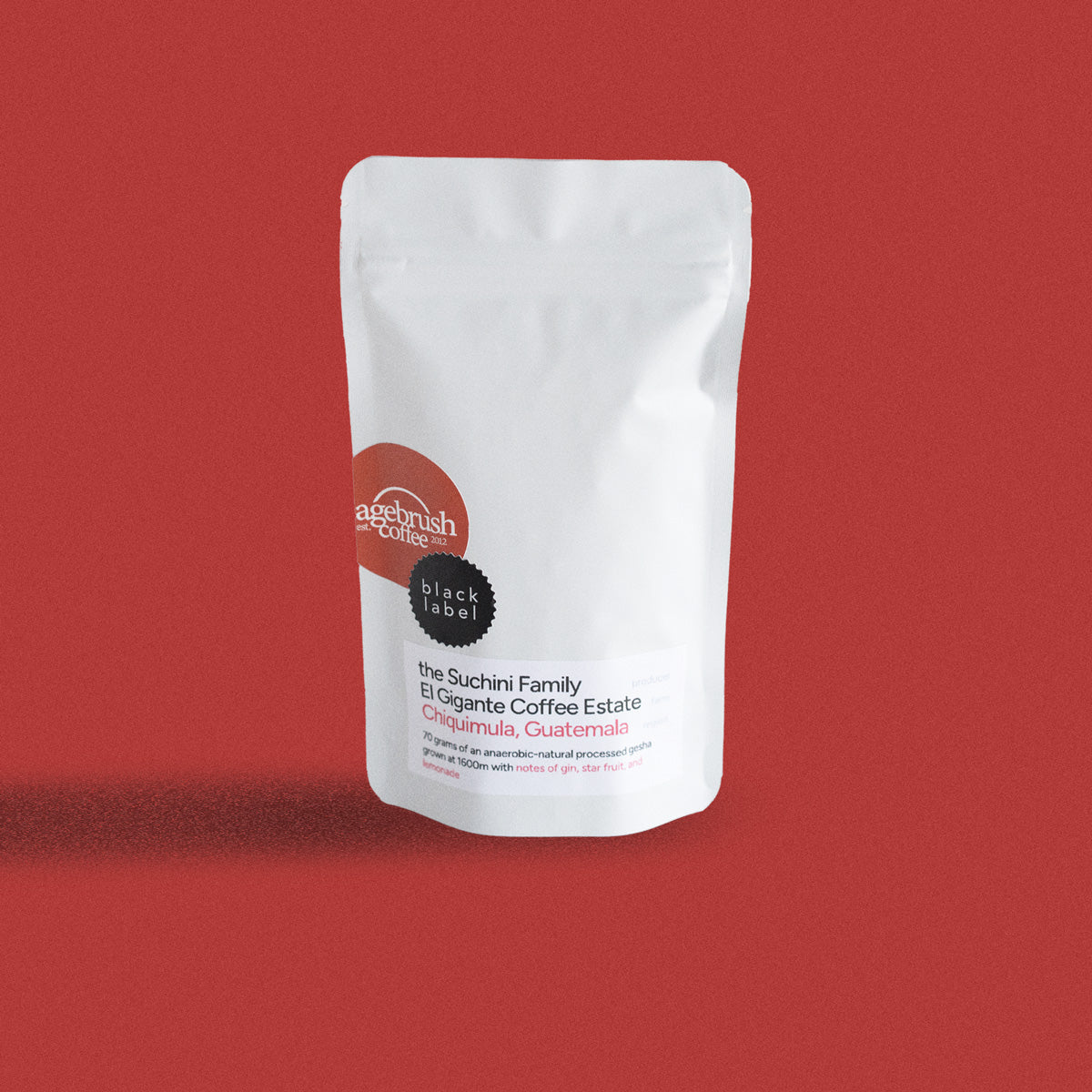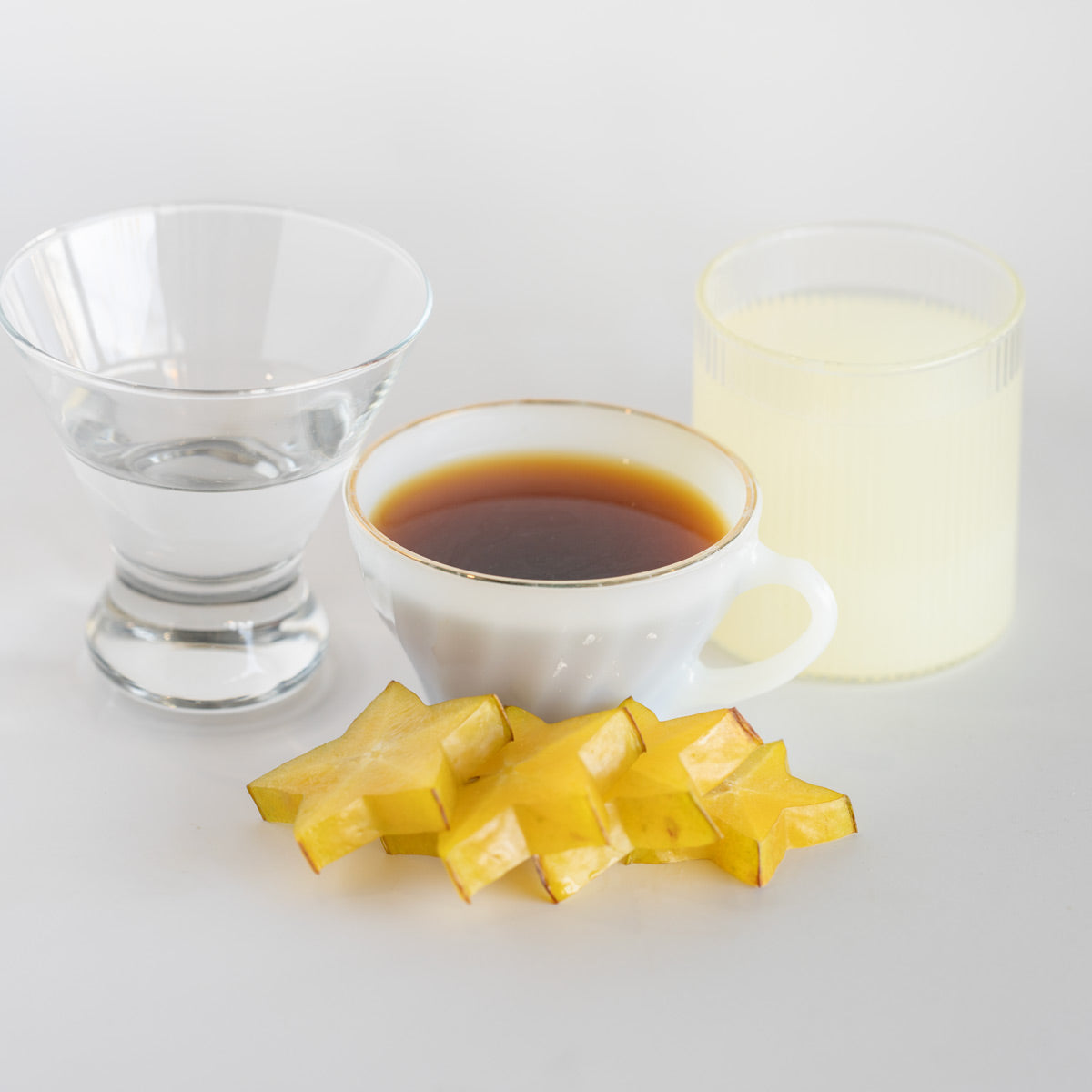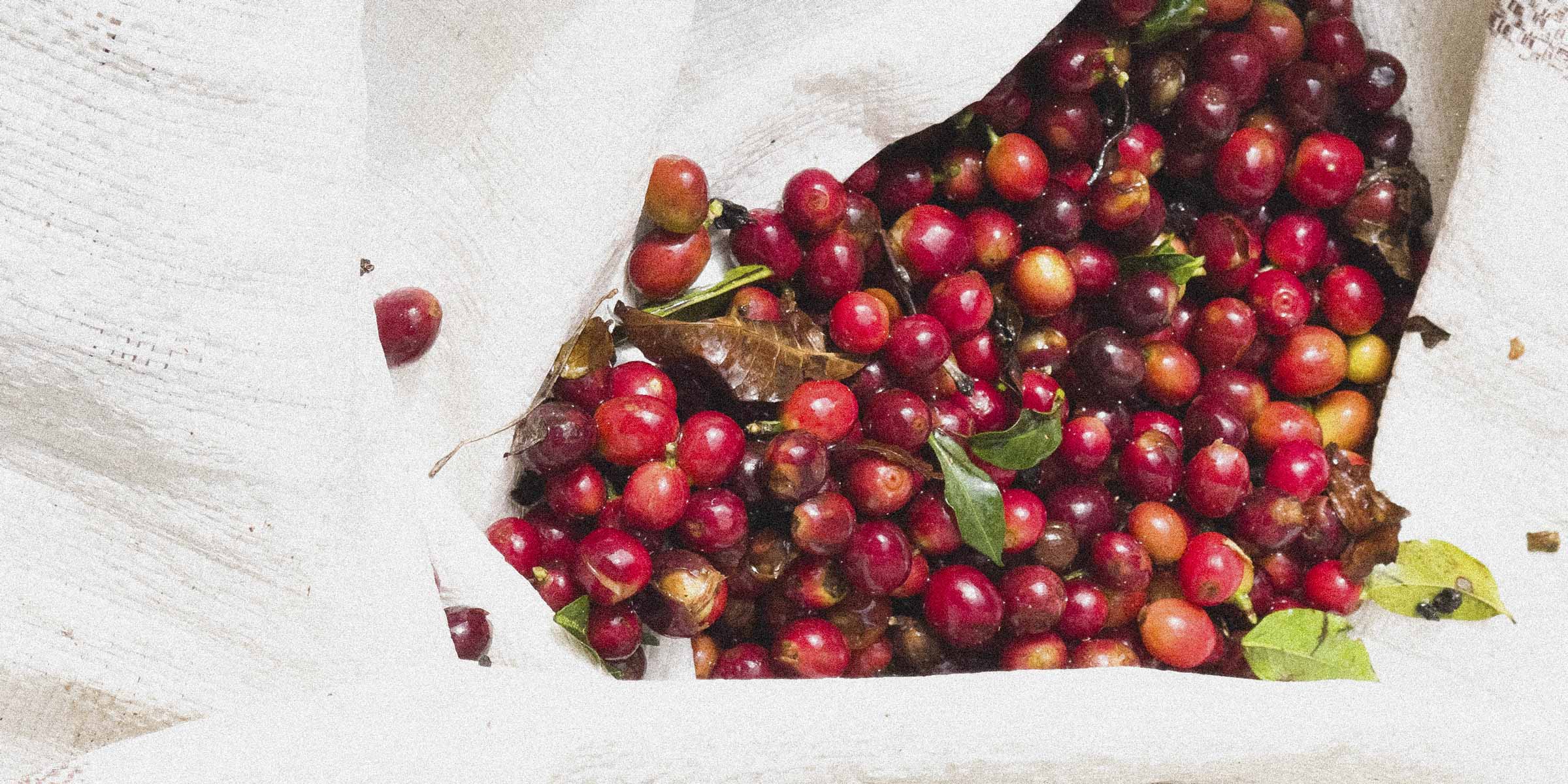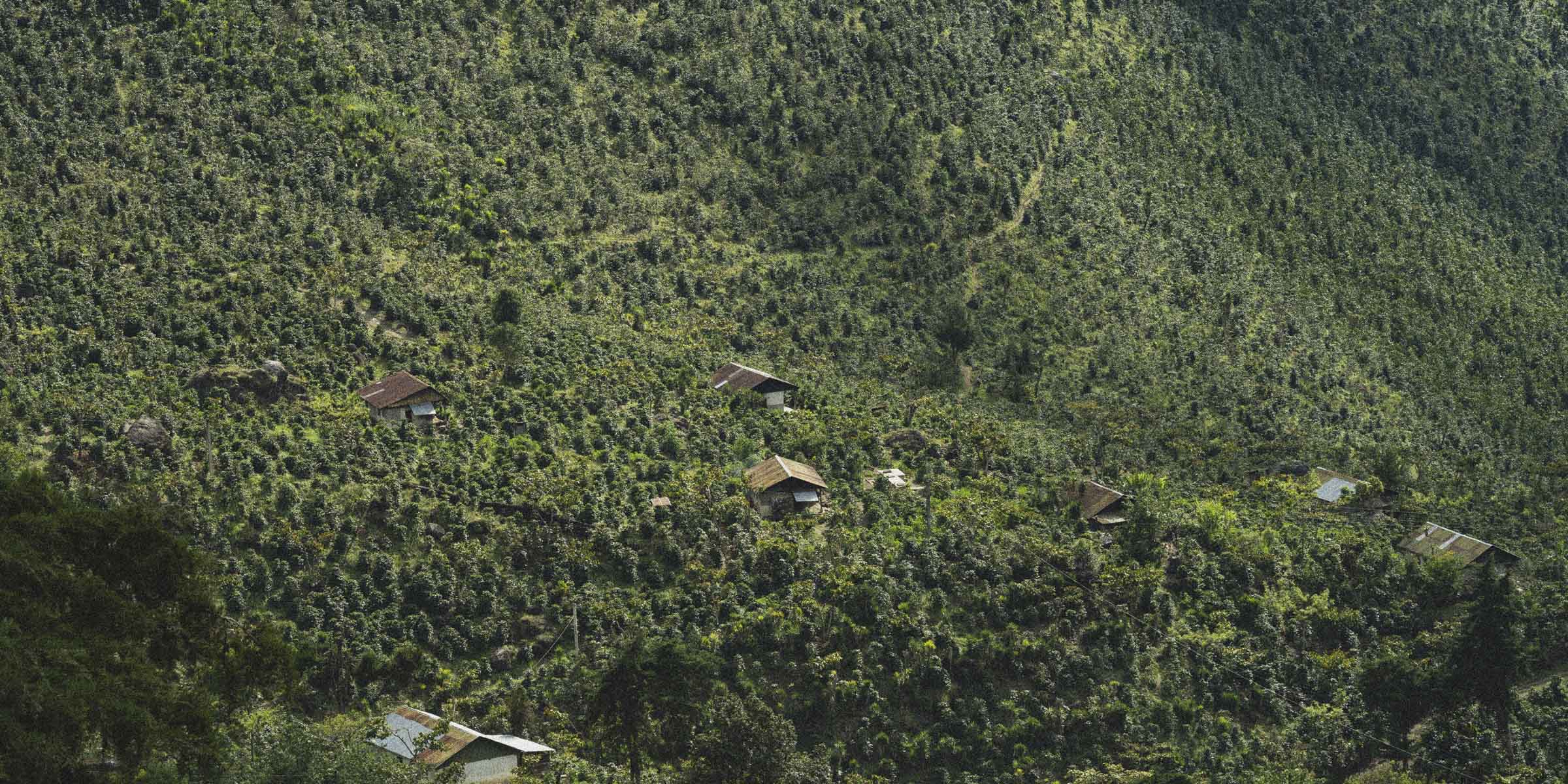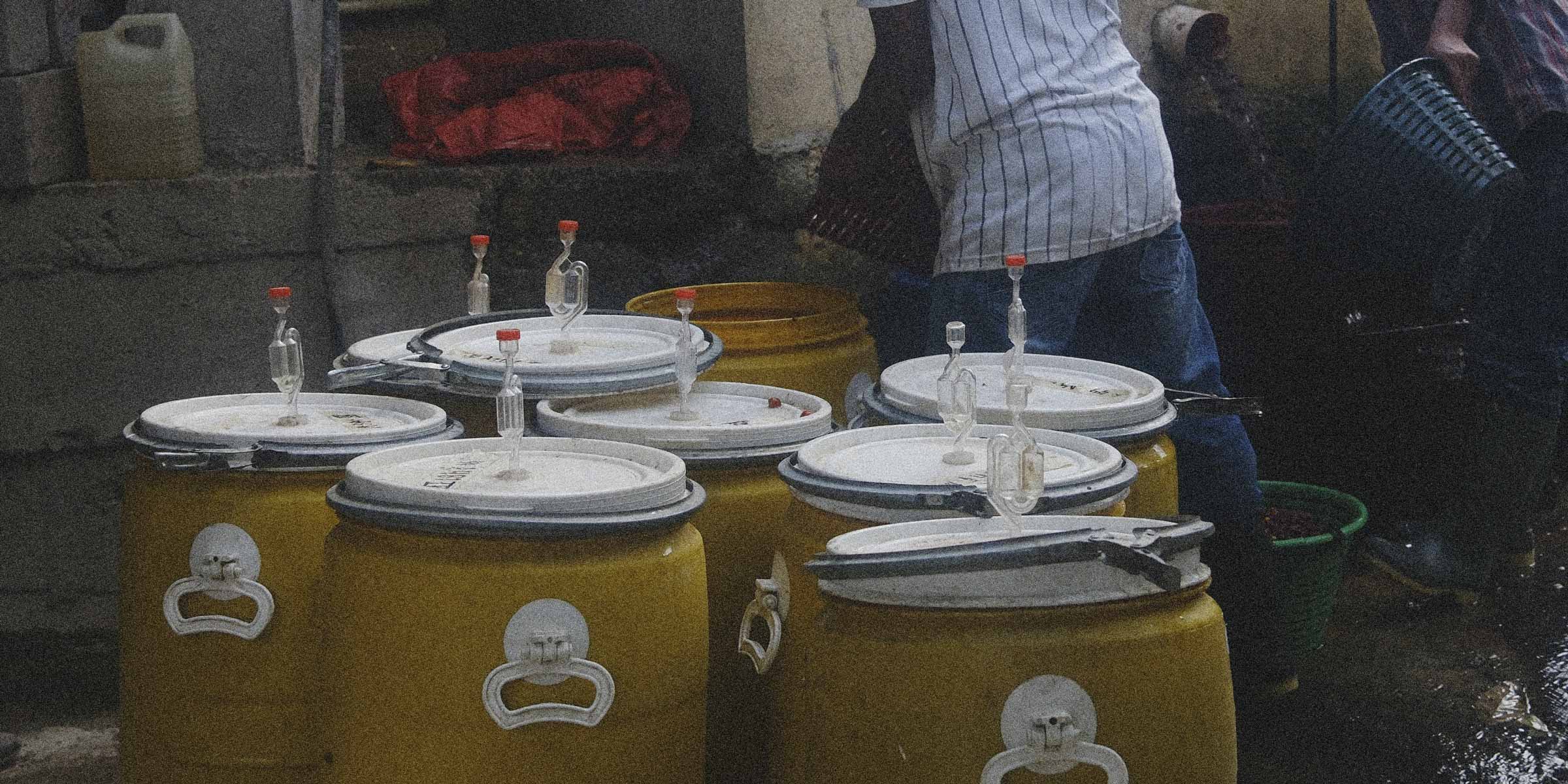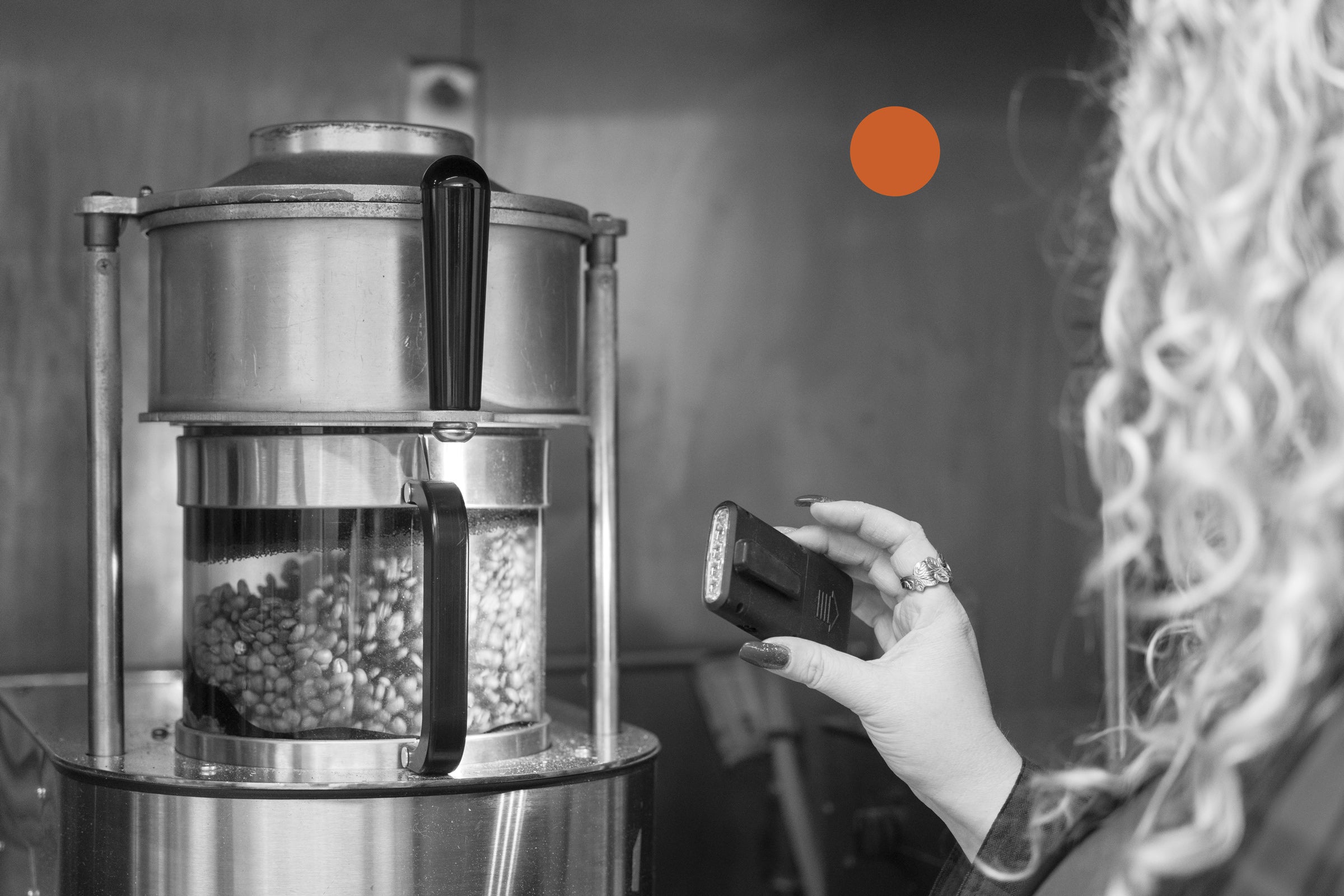
I spent a few weeks in Panama (pa•nuh•maa) the summer before my senior year of high school. I was traveling with school and visited Gamboa, Bocas Del Torro, Panama City, and the Embera Drua Village. As a young girl who had grown up in rural Wisconsin, this trip was very eye-opening for me in many ways. At one point during my trip, I met a six-year-old girl who was eager to tell me all about the country she called home. She sat down and grabbed a cup of black coffee, taking a sip before saying “Panama has great coffee, doesn’t it?” I sat stunned for a moment looking curiously at the little girl in front of me who seemed closer to adulthood than I did, although I was only seventeen at the time. She then continued by saying, “but the traffic is terrible!” My amusement multiplied as I reached for a cup of coffee myself and sat back to converse with this child. The rest of our conversation consisted of talking about the rainforest, our favorite animals, what color flowers we liked, fairytales, and other conversation topics you may expect to have with a six-year-old.
You may be wondering what this story has to do with a coffee-origin blog. The answer is that this conversation made a lasting impact on me, demonstrating how much Panamanians love their coffee. Before this conversation could ever take place, that little girl had to have grown up drinking coffee on a regular basis and hearing her family talk about how Panama’s coffee stood out from that of other places. She was certainly right, Panama does stand out in the specialty coffee industry.
History
Before we can dive into the glorious thing that the Panama coffee industry has become, we need to look at how it started. Panama declared its independence from Spain in 1821 and was introduced to coffee about 50 years later. The crop was brought to the country by an English captain and his Panamanian wife who had a dream of running their own coffee farm. Since the climate in England didn’t support coffee farming, they sailed back to Panama and started their farm there, right in the heart of the coffee bean belt.
Since its introduction to the country, coffee has been produced on a rather small scale in Panama. In 1997 the Specialty Coffee Association of Panama, or SCAP, was founded by seven producers in the Boquet and Colcan-Candela regions. The SCAP has encouraged the country’s coffee farmers to continue to focus on quality rather than quantity, and this has become their claim to fame. The country currently produces just 0.1% of the world’s coffee but has been recognized as one of the finest coffee-producing countries in the world. The majority of coffee is farmed by smallholders and many of them are members of the Bugle and Ngobe indigenous groups. In addition to these smaller farms, there are a decent amount of larger coffee estates, but they tend to be privately owned by immigrants from Europe or the United States.
As a result of the tender love and care that Panamanian coffee farmers have put into their crops, coffee from Panama has scored excellently in a handful of different coffee competitions. Accordingly, these beans tend to sit at a high price point. A Panama-based coffee company named Ninety Plus broke a record for the most expensive green coffee in 2017 with one pound selling for $2,273. They nearly doubled this record in 2019 when they sold another lot of green beans for $4,535 per pound. These prices are astronomical and demonstrate how valuable specialty coffee can be. We were lucky enough to sell a coffee from Ninety Plus here at Sagebrush in the winter of 2022, but it was nowhere near as expensive as these record-breaking and award-winning lots.
Flavor and Varieties
The most common coffee varieties found in Panama are Bourbon, Typica, and Gesha. Out of these, the Gesha variety is one of the highest-quality beans on the market. Although it is originally from Ethiopia, Panama has cultivated it and made it into the popular and exclusive coffee variety it is today. Panamanian coffees are known to be well-balanced with flavor notes ranging from chocolates and caramels to berries and florals. Geisha beans specifically highlight those unique floral notes.
One of our favorite Panamanian farms that we keep coming back to is the Altieri farm. This farm was founded by Eugene Altieri, an Italian-American residing in Panama’s Boquete region. The farm is a second-generation business that has been producing coffee for a little over 15 years. The team at Altieri is committed to developing a community among workers and their families in addition to making sure that those families have access to education. They are constantly looking for new things to introduce to their farm or new experiences for their staff in the hopes to become a well-rounded contender in the specialty coffee industry. These ambitions, in addition to their delicious coffee, are one of the many reasons we love sourcing coffee from Altieri.
